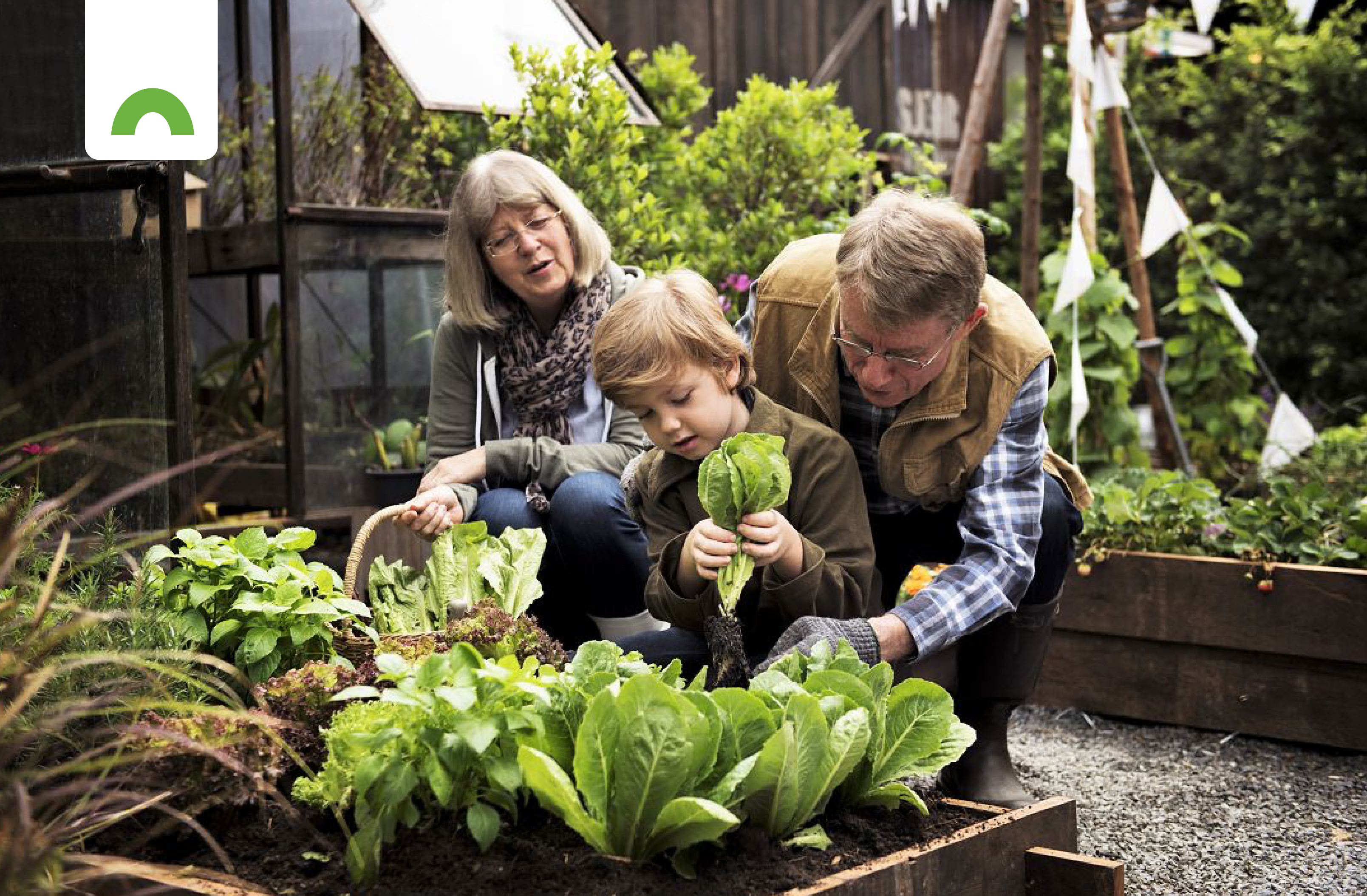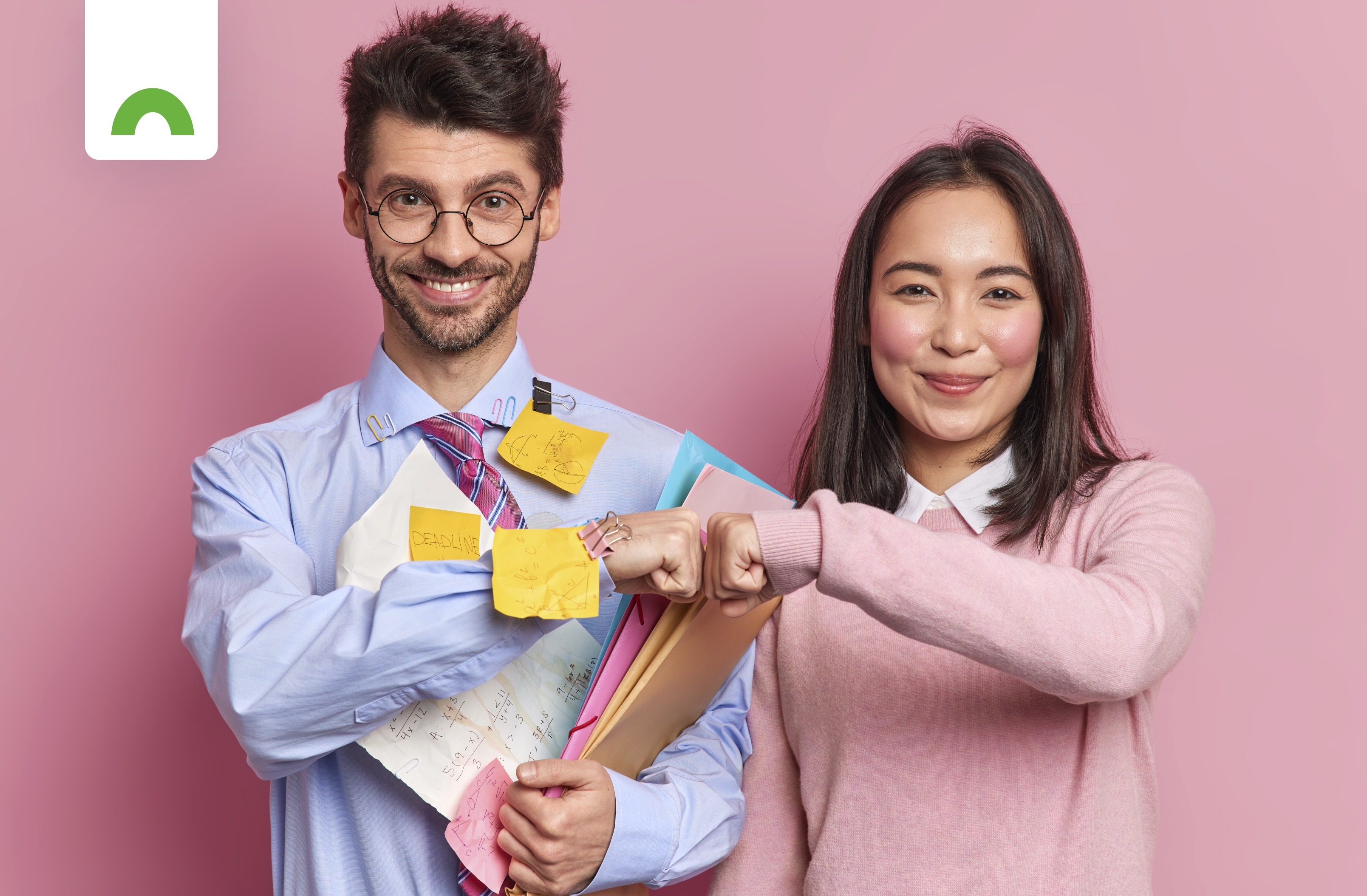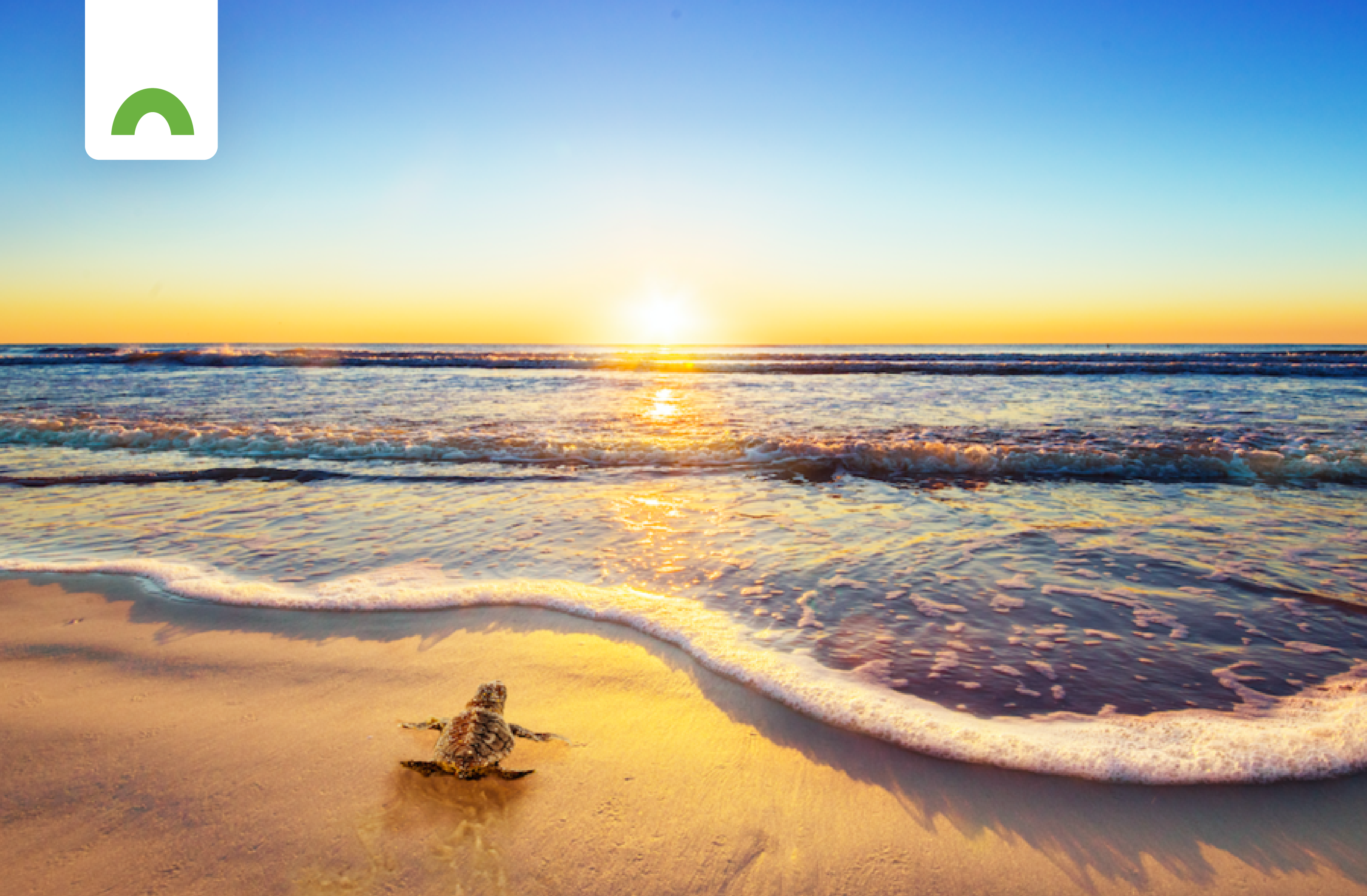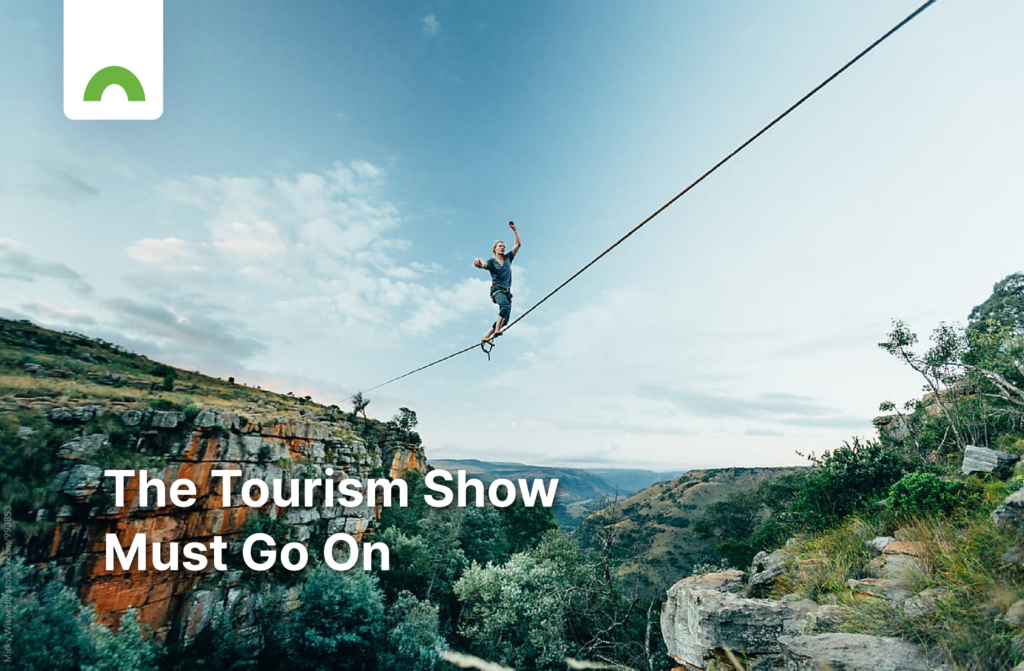This is your wake-up call: in an instant, the business of tourism, and travel as we know it, can be tossed in the air and left hanging. But it can go on, and it will.
Like the tortoise on its back, soft belly exposed to the elements and vulnerable, the travel industry is battling to right itself. But unlike the tortoise, you are not helpless or alone. You can call it building back better or re-setting, but whichever buzzwords resonate with you, it’s safe to say there’s no turning back to the way things were. Here’s an opportunity to develop survival strategies from the tough lessons COVID-19 has thrown at us, and grow a thicker skin.
Because we do need to figure out how to sustain the business of tourism beyond this pandemic, and through whatever threats to global travel may lie ahead of us.
What sustainability means now
 The UNWTO has determined that sustainability must no longer be a niche but rather the new norm for every part of the tourism sector. Business sustainability is coloured by a forward-thinking, positive growth mindset, framed by time-, resource- and cost-effective practices, simplified processes and operations that make your team members happier workers, and leave no one behind. They should accomplish your business goals without exhausting your resources, and future-proof your supply chain to ensure that you retain an end-to-end service offering no matter what’s going on outside.
The UNWTO has determined that sustainability must no longer be a niche but rather the new norm for every part of the tourism sector. Business sustainability is coloured by a forward-thinking, positive growth mindset, framed by time-, resource- and cost-effective practices, simplified processes and operations that make your team members happier workers, and leave no one behind. They should accomplish your business goals without exhausting your resources, and future-proof your supply chain to ensure that you retain an end-to-end service offering no matter what’s going on outside.
Sustaining your business in the context of Corona means adapting your travel products to solve the problems of travel consumers who are living through a pandemic culture. Your brand values have to reflect their health and safety concerns, and their need for escape, freedom of movement, reunion with family and friends, etc. A forward-thinking approach acknowledges that there will always be challenges and keeps something extra in reserve to ensure your business and the travel trade is prepared – this must form a foundation for the future, together with green efforts to secure a planet for future generations to travel around on.
Forward thinking companies that adapt positively to the sustainable business agenda will be at the forefront of resource productivity, reducing waste & of environmental reporting.
Michael Meacher
This is a balancing act and a fight for survival. It’s about safe, ethical, and responsible actions, about being proactive, not reactive. In the face of the pandemic, sustainability is the new face of resilience for the travel industry.
What are the stand-out lessons from the pandemic that resonate most with you?
Lessons from the pandemic
 It sucks having a deadly global wrecking ball as our task master. But here you are, and if you’re to take back the control it has wrenched from your grip, you’d better hack this virus for every little positive teaching it holds in your quest for business sustainability.
It sucks having a deadly global wrecking ball as our task master. But here you are, and if you’re to take back the control it has wrenched from your grip, you’d better hack this virus for every little positive teaching it holds in your quest for business sustainability.
Here are some of our big picture learnings.
Destinations need better support on the ground
- Absence of tourism in some destinations has had a devastating impact on the environment and local communities heavily dependent on tourism spend. Forward planning needs to be inclusive of local communities and economies, so that they are not left behind when disaster strikes and travellers stay away. You have a role to play in drumming up support for local initiatives among your loyal clients and past visitors who have affection for those destinations.
- Some governments have been caught napping in their support of their tourism and hospitality communities. Whether it’s with policy making or implementation, funding of conservation projects or income relief, more proactive involvement and investment from government are crucial – the travel trade has work to do to apply collective pressure where it counts.
Travellers need to change their movements and behaviour
- The natural world flourished during lockdown and overtourism is unsustainable. The pandemic has managed to highlight the negative impacts of mass tourism on destinations and the environment, and travellers are increasingly sensitive to this. We are learning that finding suitable alternatives during low or off seasons, in second cities, off-beaten track and niche experiences, can be attractive and preferable. Any time, anywhere is a good time and place to go.
- Hyper-cleanliness and social-distancing cannot be a short-term, knee-jerk reaction – it must become the new (permanent) standard for human safety during travel. Normalising these practices means proclaiming your health and safety protocols proudly on your website, brochures and client itineraries, the same way you would do with any other travel advisory. Ease them into your messaging, so that it becomes one less thing your clients have to worry about.
Travel professionals need to operate differently
- Travel brands have had to learn to work differently – from business operations to marketing, new best practices must now lean heavily on digital.
- As communities, trade partners and colleagues, we face the challenges together, even with our clients and guests; therefore, we must find inclusive solutions together.
Doing things differently
 The travel industry has been steadily moving in this direction, but the pandemic has escalated the digitalisation of everything – communication, remote work operations, marketing, sales, and of course, travel content. Team Wetu has long advocated digital content management and distribution as a must-have rather than a nice-to-have. It’s time to make digital your new comfort zone and step resolutely into that space. The fact that digital beats paper as an eco-friendlier option is a major bonus.
The travel industry has been steadily moving in this direction, but the pandemic has escalated the digitalisation of everything – communication, remote work operations, marketing, sales, and of course, travel content. Team Wetu has long advocated digital content management and distribution as a must-have rather than a nice-to-have. It’s time to make digital your new comfort zone and step resolutely into that space. The fact that digital beats paper as an eco-friendlier option is a major bonus.
Your teams have had to work remotely, from home, coffee shops or designated work spaces in hotels; you have potentially embraced a hybrid work system. We’re learning to adjust to flexible working hours and less commuting. If your teams are in a better mental space working this way, that automatically boosts productivity. As long as everyone has the technical support they need, and your company culture supports the distance apart, this is a workable, sustainable resource plus for your business.
The travel industry is also learning that personalisation is a key component in service and marketing. The one-size-fits-all model is as obsolete as it is impersonal. Your clients and future guests, the ones slowly returning to travel or waiting to resume it, need a hybrid service offering combining digital convenience and the human touch. And they need your communications, marketing content and the special touches you reserve just for them, to be relevant, on point and distinctive.
We’ve learned that the survival of the industry as a whole needs collective effort, expertise and passion. The way we used to collaborate with each other in the trade has also had to change. Less in-person trade shows, site inspections, fam trips and educationals, more virtual everything… The travel trade has had to get inventive with live online events and launches, and rely heavily on video and virtual tours to get the message across. The good news is that everyone, everywhere is online, attached to a digital device, plugged into the worldwide web, and able (willing and eager) to engage, which gives you an abundant platform to showcase and communicate your brand.

Build your windmills
A Chinese proverb goes, “When the winds of change blow, some people build walls and others build windmills.” Sustainability broadly addresses the needs of travellers, the environment, host communities, and the travel trade from the present moment and going forward. It stands to reason that planning for a future starts with acknowledging that our perspectives and responses must adapt. Changing our behaviour now is our opportunity to build the business and tourism trade we want tomorrow.


Would you like to share your thoughts?
Your email address will not be published. Required fields are marked *